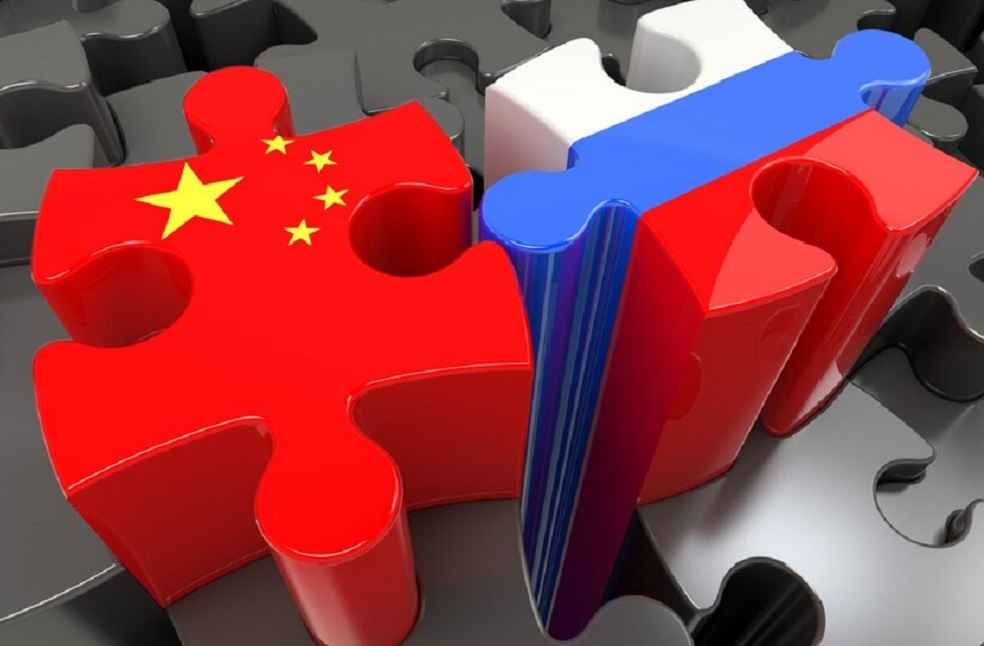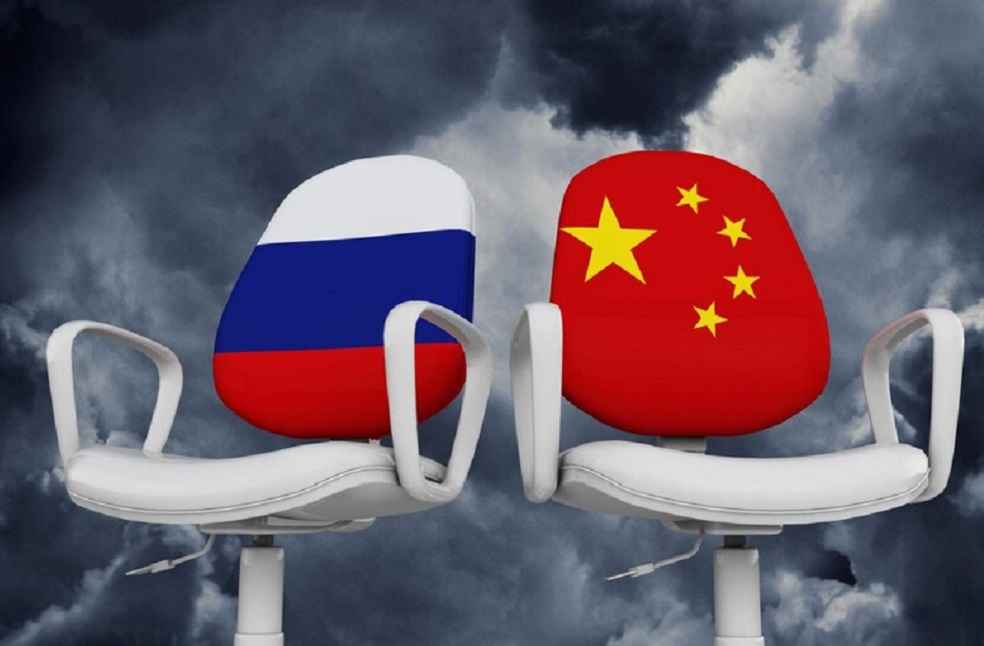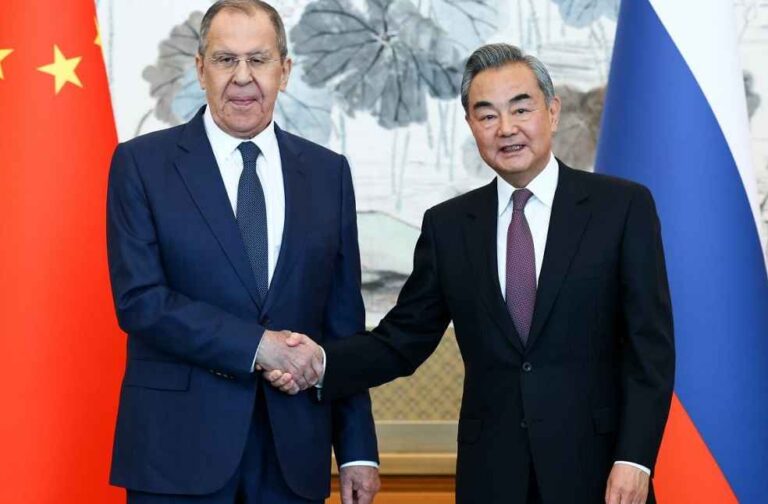China has announced its intention to strengthen cooperation with Russia, particularly in maintaining international industrial supply chains, in light of the sanctions imposed by Western countries. This announcement came during a joint news conference in Beijing, where Chinese Foreign Minister Wang Yi and his Russian counterpart, Sergey Lavrov, had discussions.
Wang emphasized China and Russia’s mutual stance against economic decoupling and the creation of barriers in supply chains. This comes as the United States has intensified restrictions on exports of advanced semiconductors to China among other economic security measures. Lavrov highlighted the unprecedented level of partnership and strategic interaction between the two countries, promising continued collaboration against terrorism, including efforts stemming from a recent attack on a concert hall near Moscow.
The ministers also discussed deepening security cooperation across Europe and Asia, challenging what they perceive as attempts by the United States to impose its will on the region. This dialogue aims to counterbalance the traditional Euro-Atlantic security structure, exemplified by NATO and the OSCE, which Lavrov criticized for losing its relevance in meaningful negotiations.

Both countries have critiqued “hegemonism” and bloc confrontations, with Wang cautioning NATO against extending its influence towards their common homeland. Following the meeting, Lavrov also met with Chinese President Xi Jinping, reflecting the high level of engagement between the two nations.
This alliance is seen in the context of a broader global competition, with both the United States identifying China as a significant competitor and Russia as a substantial nation-state threat. The partnership between Putin and Xi represents a unified stance against what they consider the decadence of the West, amid China’s challenges to U.S. dominance in various technological and military arenas.
During her visit, U.S. Treasury Secretary Janet Yellen warned of consequences for Chinese companies supporting Russia’s actions in Ukraine and did not dismiss the possibility of tariffs on clean energy imports from China.
Trade and military ties between China and Russia have strengthened, with trade reaching a record $240.1 billion in 2023. Russia has emerged as China’s top crude supplier, showcasing the depth of their economic interdependence despite Western sanctions.

China has also proposed a 12-point position paper to settle the Ukraine crisis and supports an international conference to explore peace options. Concurrently, Russia seeks a United Nations Security Council assessment of Ukrainian drone attacks on the Zaporizhzhia nuclear power station, which Ukraine denies.
The ministers reiterated their commitment to strengthening ties against terrorism, referencing a recent attack in Moscow claimed by the Islamic State, though Russia suspects Ukrainian involvement. Plans for further collaboration, including within multilateral institutions, were confirmed, with a scheduled meeting between Putin and Xi in May indicating the ongoing significance of the China-Russia partnership.
DON’T MISS IT | Gold Mining Severely Threatens Environs



